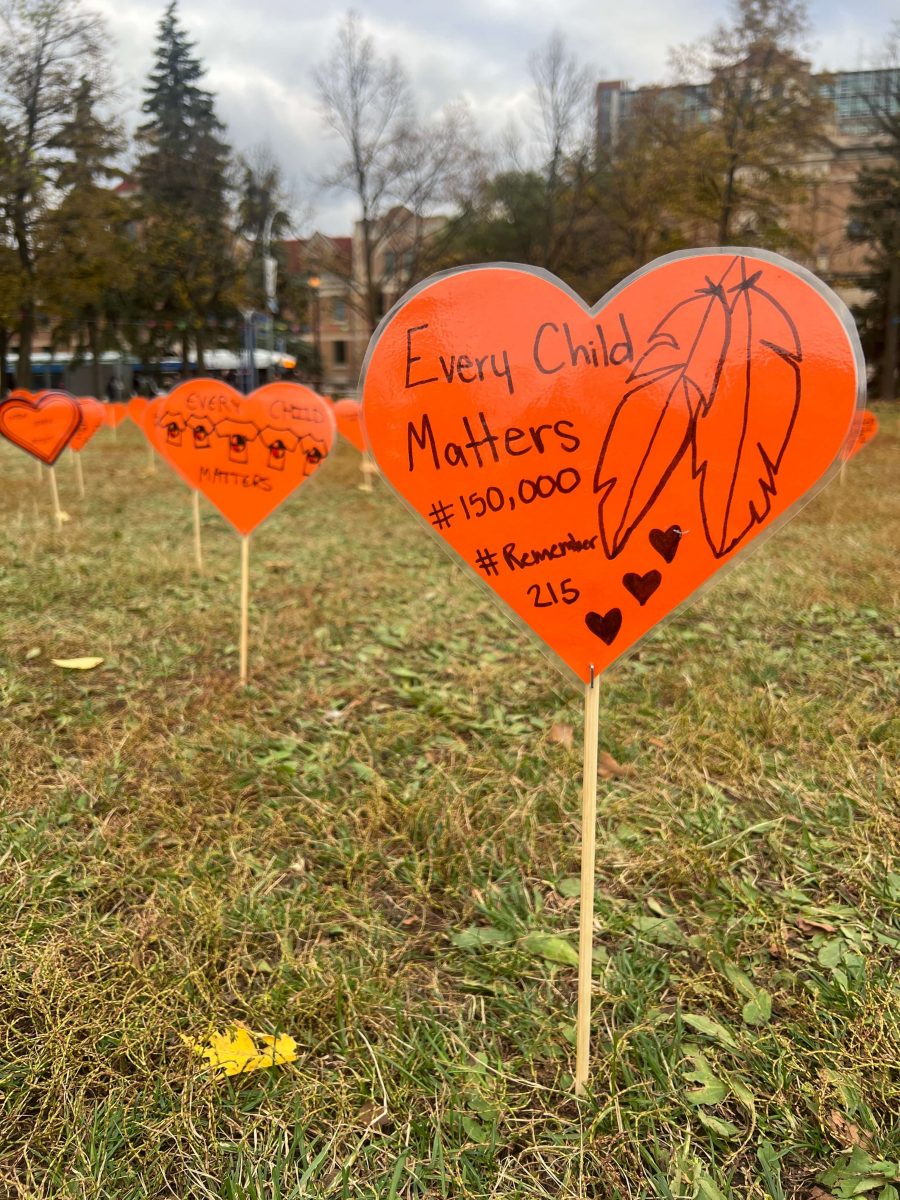
Mythbusting for Truth and Reconciliation
The road to Reconciliation is continuous and truth is imperative on the journey. Learn from UM professors and education experts from the National Centre for Truth and Reconciliation (NCTR) as they dispel some long-held myths around Indigenous Peoples and cultures.
Myth 1: All residential school Survivors had the same experience
Residential schools operated for more than 150 years. While many Survivors share common themes of being separated from family, language, and culture, each experience was also shaped by the child’s community, the school itself, and when and where they attended. Kaila Johnston, Director of Education, Outreach and Public Programming, at the National Centre for Truth and Reconciliation, explains why assuming all experiences were the same risks overlooking the unique histories and healing journeys of Survivors.
Myth 2: Indigenous medicines are not real medicine
Dr. Marcia Anderson, Vice-Dean Indigenous health, social justice and anti-racism at UM’s
Rady Faculty of Health Sciences, dispels the myth that Indigenous medicines and ways of knowing are not real medicine. Anderson speaks not only to their validity and influence in modern medicine, but the role they can play in the future of medicine.
Myth 3: Residential Schools were well-intentioned
Sean Carleton, Associate Professor in the Department of History and Department of Indigenous Studies, addresses the critical issue of residential school denialism, a form of misinformation that distorts the facts about the residential school system. Carleton explains how twisting the truth undermines public confidence in efforts toward truth and Reconciliation.
Myth 4: Indigenous Peoples get everything for free
Niigaan Sinclair, Professor in the Department of Indigenous Studies, columnist, and sought-after voice on education, politics and reconciliation debunks the widespread myth that Indigenous Peoples receive everything for free, including education, health, and housing. He uncovers the falsehoods to explain how treaties, meant to be mutually advantageous, have left Indigenous communities struggling for the same rights and privileges that Canadians often take for granted.
For education:
Increase your understanding of the issues affecting Indigenous Peoples in Canada and calls to action at:
- United Nations Declaration on the Rights of Indigenous Peoples Act (UNDRIP)
- Truth & Reconciliation Commission of Canada: Calls to Action
For support:
- The Indigenous Student Centre (ISC) offers support such as meetings with the ISC Elders or Knowledge Keeper in residence and student counselling services that can be accessed by contacting ISC directly at 204-474-8850 or by email at isc@umanitoba.ca.
- The National Indian Residential School Crisis Line provides 24-hour crisis support to former Indian Residential School students and their families toll-free at 1-866-925-4419.
- First Nations, Inuit and Métis seeking immediate emotional support can contact the Hope for Wellness Help Line toll-free at 1-855-242-3310 or by online chat at hopeforwellness.ca.






